First Transparency Center opens and data processing for European users in Zurich
begins, plus news of an independent engineering audit and a thriving bug bounty
program
On November 13, 2018, malicious and suspicious files shared voluntarily with Kaspersky by
users of the company’s products in Europe started to be processed in two data
centers in Zurich. The data, which includes suspicious or previously unknown
malicious files and corresponding meta-data that the company’s products send to Kaspersky Security Network (KSN) for
automated malware analysis, is being processed in data centers that provide world-class
facilities in compliance with industry standards
to ensure the highest levels of security.
The move reflects Kaspersky’s determination to assure the integrity and trustworthiness
of its products. It is accompanied by the opening of the company’s first
Transparency Center, also in Zurich. Through the Transparency Center,
Kaspersky will provide governments and partners with information on its products and their
security, including essential and important technical
documentation, for external evaluation in a secure environment.
Other activities in progress include the engagement of a Big Four professional services firm
to audit the company's engineering practices around the creation and
distribution of threat detection rule databases,
with the aim of independently confirming their accordance with the highest industry security
practices.
Alongside this, Kaspersky continues to support an active bug bounty program.
Within one year, it has resolved more than 50 bugs reported by security researchers, of
which several were especially valuable.




